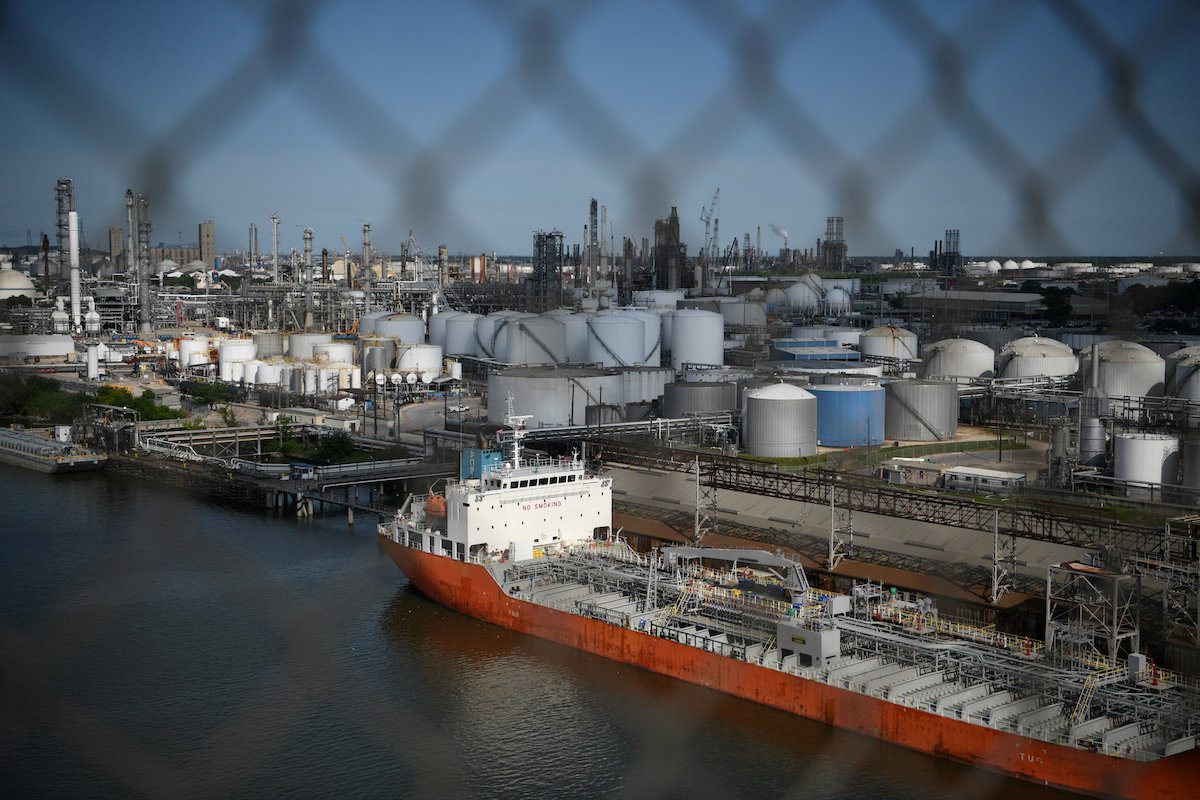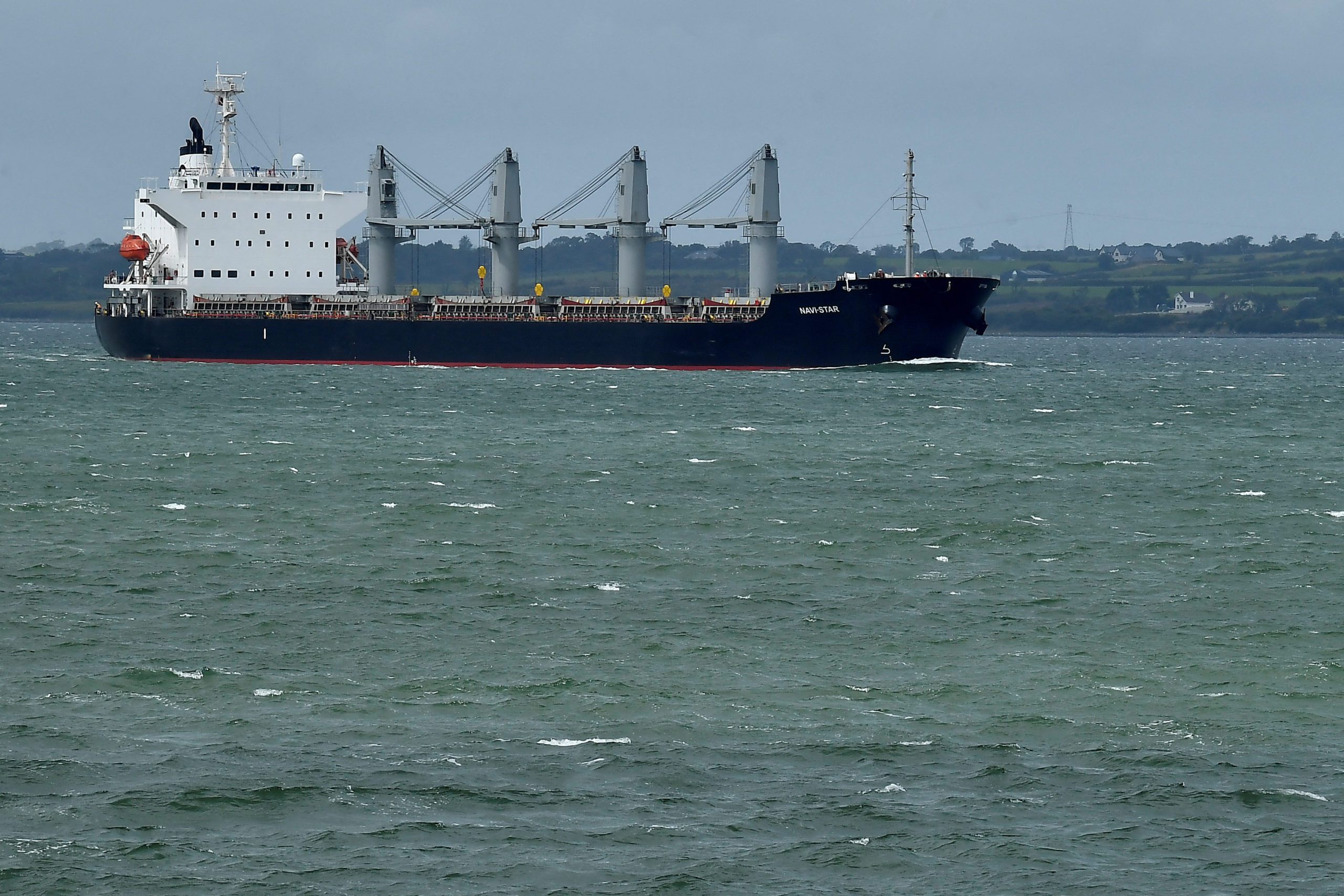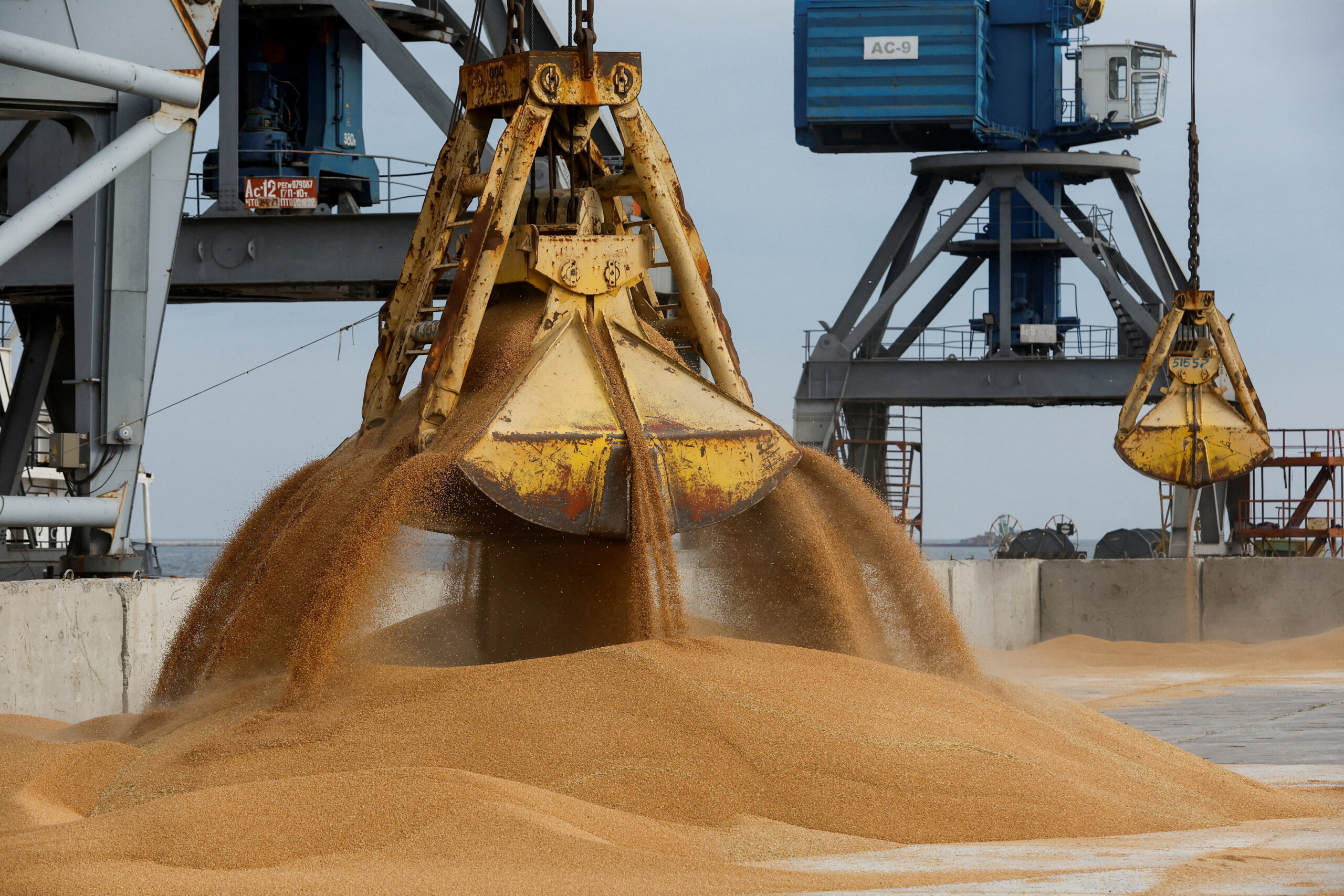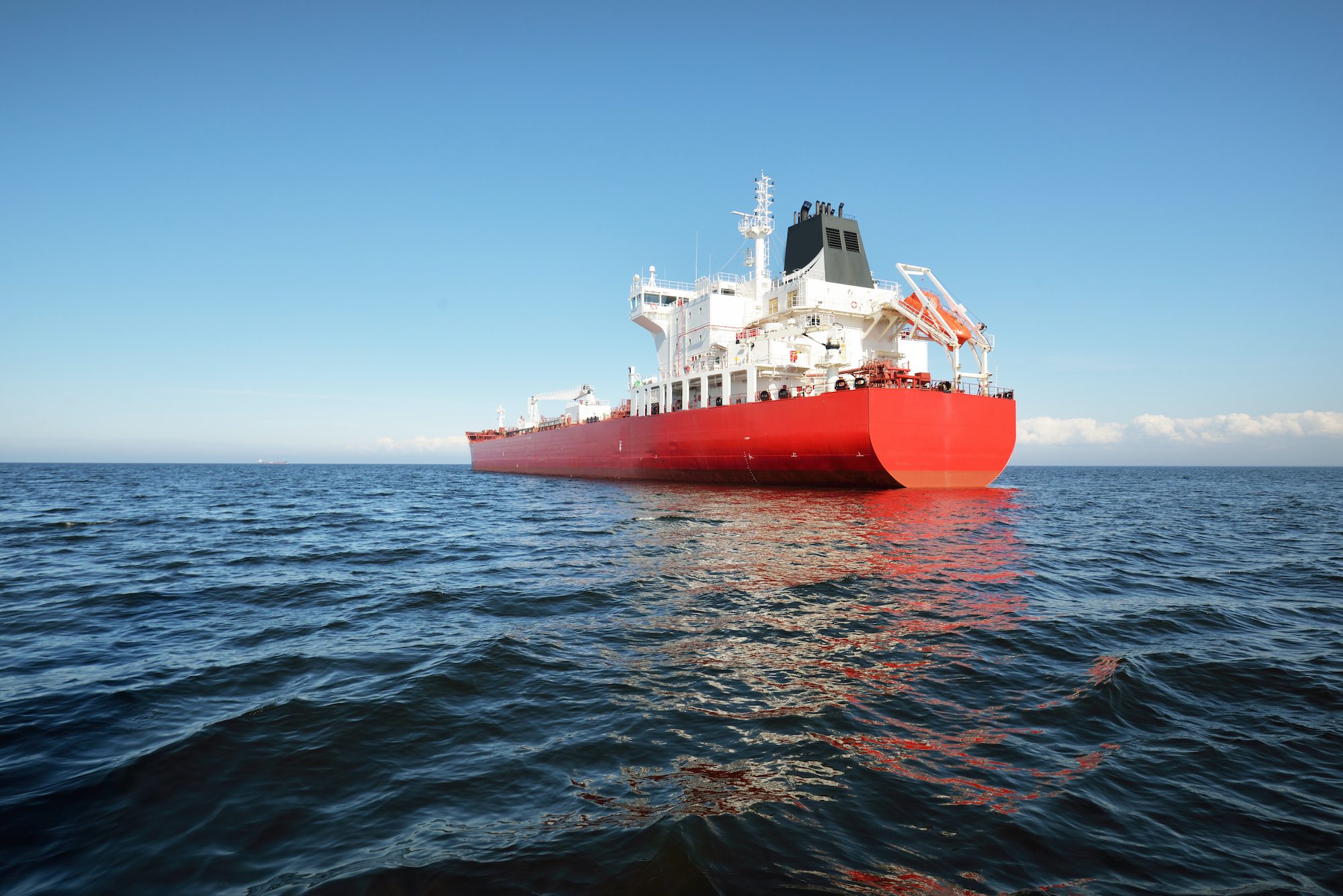By Jeffrey Bair (Bloomberg) —
Five gasoline tankers that were enroute to the U.S. East Coast diverted to the Port of Houston to help ease a supply crunch after last month’s freeze crippled the region’s refineries.
Major refineries along Gulf Coast, the nation’s refining hub, shut gasoline units during the February deep freeze and power failures. Operators have gradually begun resuming production since the weather warmed, but some plants could take weeks to get back to normal.
Gasoline imports happen infrequently for the Gulf Coast, which typically produces more than enough fuel for the region and generates significant revenue exporting barrels to foreign customers. Texas retailers were also forced to truck in gasoline from other states last week for the first time since Hurricane Harvey.
U.S. gasoline stockpiles fell by a record 13 million barrels last week, with most of that in Gulf Coast region, according to government data. The five ships are carrying nearly 1.5 million barrels in total.
Texas remains “very low” on gasoline, said Paul Hardin, president of the Texas Food & Fuel Association trade group. “If we don’t have a public panic buy, we’ll make it through the next three or four days.”
Friday afternoon 12.2% of Texas gasoline stations — roughly one in every eight — were unavailable because of lack of fuel, Patrick DeHaan, head of petroleum analysis for GasBuddy, said in an email. The figure was at 14% Monday.
The New York area, which is supplied with fuel by pipeline from Houston to augment its local refineries, is not yet facing Texas’ pinch. The region’s inventories increased last week. But the country’s largest fuel artery, the Colonial Pipeline, said earlier this week major lines toward New York were experiencing reduced throughput. Fewer barrels of gasoline will be available in the Northeast.
“Gasoline is definitely migrating south. There’s room in the tanks so I would expect to see greater flows” toward Houston in coming weeks, Vortexa analyst William Holeman said.
Details on the diverted ships from Kpler, Vortexa and shipping data compiled by Bloomberg:
- Mitera, Meredian Express, Marlin Maverick, Elka Efesis and Uzava either have delivered their fuel to Houston already or are signaling to arrive there in the next few weeks.
- All were originally bound for New York or Savannah, Georgia.
- Most of the cargoes originated in Italy and Belgium.
- Meredian Express has gasoline blendstock, rest have gasoline.
© 2021 Bloomberg L.P.

 Join The Club
Join The Club











